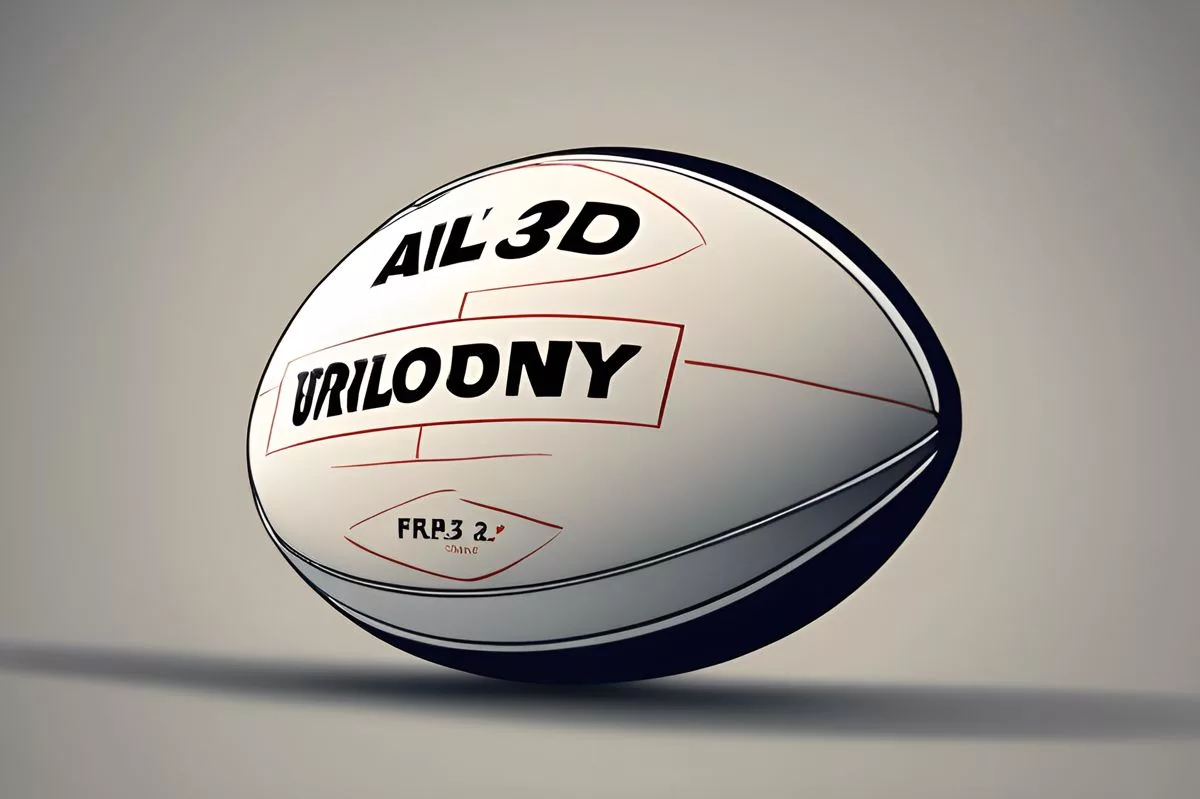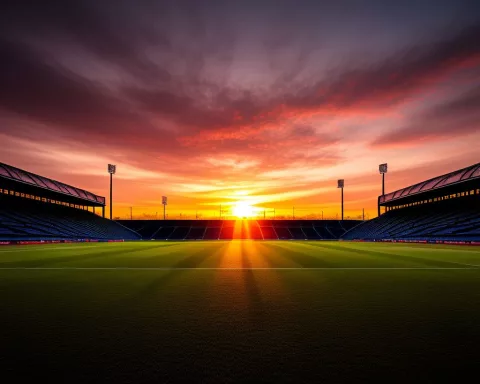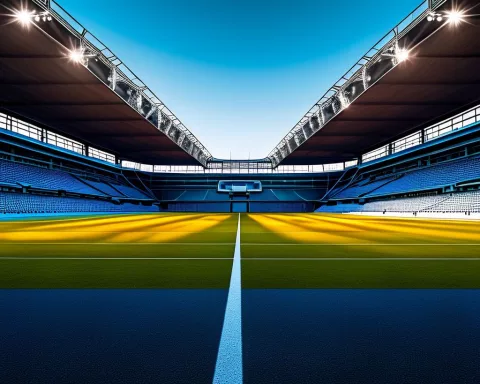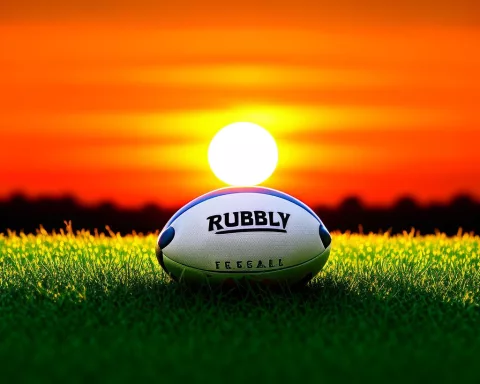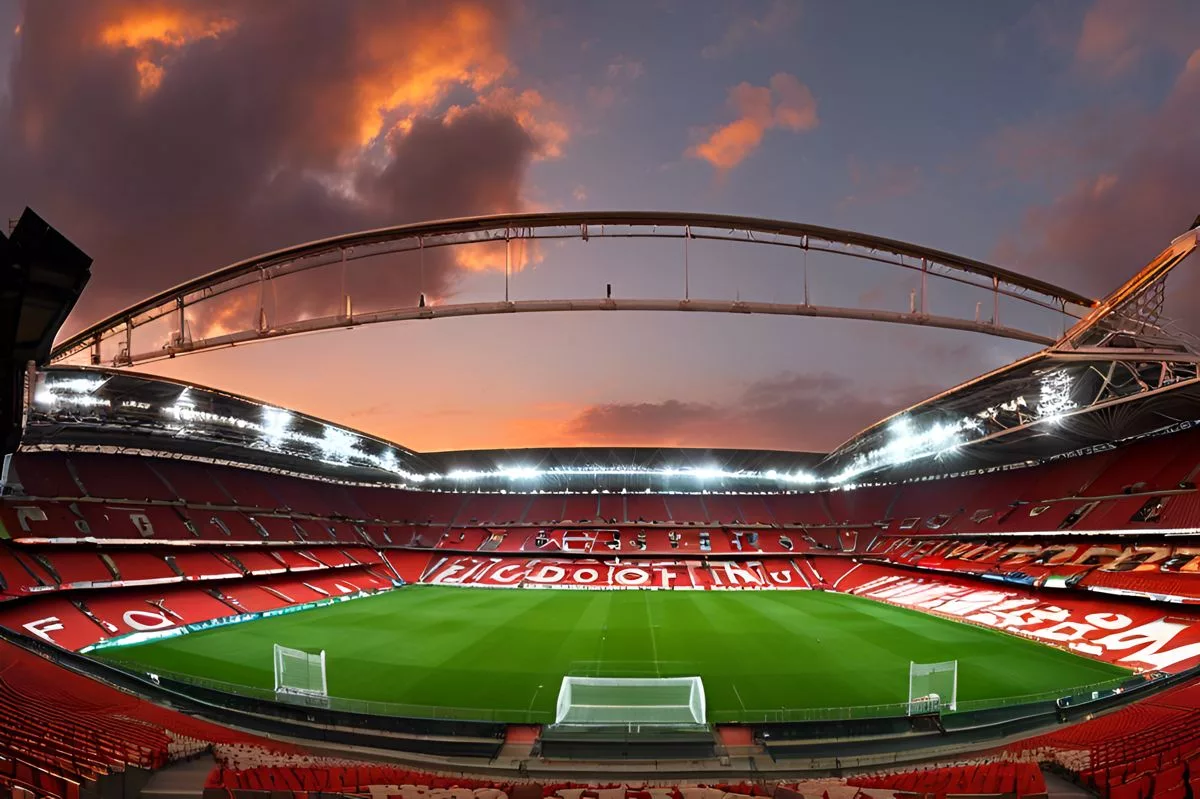In South Africa, the high cost of watching the national rugby team, the Springboks, live at local stadiums has sparked debate. Prominent figure Dan Corder highlighted the issue on social media, pointing out that tickets were unaffordable for many, while the absence of broadcast coverage on SABC platforms has left many unable to watch the games. The debate highlights the significant role of rugby in South African society and the need for more inclusive ticketing systems.
South African Rugby: A National Passion Tested by High Ticket Prices
Are you wondering why South African rugby fans are debating the rising cost of watching the Springboks live? The recent outcry on social media platforms was caused by the high ticket prices, which are unaffordable for many. Additionally, the absence of broadcast coverage on SABC platforms has left many South Africans unable to watch the games. This debate highlights the significant role of rugby in South African society and the need for more inclusive ticketing systems.
The Intersection of Rugby and Society in South Africa
The dynamic and spirited realm of South African rugby has consistently been a hotbed of fervent discussion, where the captivating sport intersects with the societal fabric of the country. The recent points of contention introduced by Dan Corder, a prominent figure on TV and radio, has added fuel to this ongoing debate. The high cost of watching the Springboks, the country’s adored national rugby team, perform live at local stadiums has been the driving force behind these discussions.
The Rising Cost of Watching the Springboks Live
As the Springboks began their test matches across the nation in famed stadiums like Loftus, Ellis Park, DHL Stadium, and Kings Park Stadium, the skyrocketing ticket prices became a cause for concern. Corder, who was previously a presenter for 5FM and currently holds a position at eTV news, openly voiced his worries about this disturbing trend on social media platforms. Most notably, he highlighted the Boks vs All Blacks match at DHL Stadium, where tickets were being traded from R250 upwards via a unique ballot procedure.
Corder’s apprehensions were not limited to the simple economics of ticket prices. He decried the hefty rates, declaring that many tickets had a price tag of over R3 000 and R4 000. He clarified that these prices were not inflated by scalpers but were the actual cost of the official tickets. His disappointment was grounded in not just the financial aspect, but also the social repercussions. Corder gave voice to the frustrations of countless Capetonians for whom such prices were unattainable. He accentuated the disparity, where the luxury of experiencing the game live was exclusive to the well-off.
Addressing the Broadcasting and Ticket Distribution Issues
Corder’s concerns were further magnified by the absence of broadcast coverage on SABC platforms. This meant that South Africans who were not subscribed to DStv Premium were left out, unable to watch the thrilling encounter between the Springboks and the All Blacks. Directing his concerns towards Minister of Sport Gayton McKenzie, Corder recommended a reassessment of the ticketing system for Springboks’ games, promoting a more inclusive structure for the average South African. He posited, “Such a change would be a legacy to be proud of.”
Corder’s opinions stirred a swath of reactions from the rugby fandom, demonstrating the sport’s widespread influence in South Africa. While many agreed with his call for more affordable tickets, some questioned the financial viability of such a proposal. A social media user, @jndub, remarked, “The concept of a free market means that the more revenue SARU generates, the more they can compensate local players and prevent them from playing abroad. Isn’t that beneficial?”
The Broader Debate and the Role of Rugby in South Africa
Similar sentiments were expressed by other users like @quintindavis and @grahamvivian, who underscored the factors of supply and demand and the economic needs of running a high-caliber rugby team. Conversely, a few users, namely @thabo_magaiva32 and @Stu5Kart, proposed that broadcasting the games on SABC would be more beneficial than reducing ticket prices.
An insightful remark came from @samolckers, who wondered why Corder was not challenging Multichoice for their pricing strategy or SABC Sport for their lack of coverage. He pointed out, “There are expenses that need to be met, and people must be compensated.”
The intense discussion ignited by Corder’s comments highlights the significant role of rugby in South Africa. It’s not merely a sport; it’s a symbol of national identity, a catalyst for societal conversations, and a reflection of the nation’s socio-economic landscape. As this debate continues, one fact remains undisputed: the deep-rooted love for the Springboks within every South African. Access to enjoy their matches should be a privilege that all citizens can partake in.
What sparked the recent debate on South African rugby ticket prices?
The recent outcry on social media platforms was caused by the high cost of watching the Springboks live, which is unaffordable for many. Additionally, the absence of broadcast coverage on SABC platforms has left many South Africans unable to watch the games.
Why is rugby such an important part of South African society?
Rugby is not merely a sport in South Africa; it’s a symbol of national identity, a catalyst for societal conversations, and a reflection of the nation’s socio-economic landscape.
What are the concerns raised by Dan Corder regarding ticket prices?
Dan Corder, a prominent figure on TV and radio, has voiced his worries about the high cost of watching the Springboks perform live at local stadiums. He highlights the fact that many tickets have a price tag of over R3 000 and R4 000, making them unattainable for many South Africans.
What is the proposed solution to the ticketing issue?
Corder recommends a reassessment of the ticketing system for Springboks’ games, promoting a more inclusive structure for the average South African. He posits that such a change would be a legacy to be proud of.
What is the role of rugby in South African society?
Rugby is a significant part of South African society, reflecting the nation’s socio-economic landscape, symbolizing national identity, and serving as a catalyst for societal conversations.
What are some alternative suggestions to address the issue of rugby accessibility?
Some users have suggested that broadcasting the games on SABC would be more beneficial than reducing ticket prices. Others have underscored the factors of supply and demand and the economic needs of running a high-caliber rugby team.

